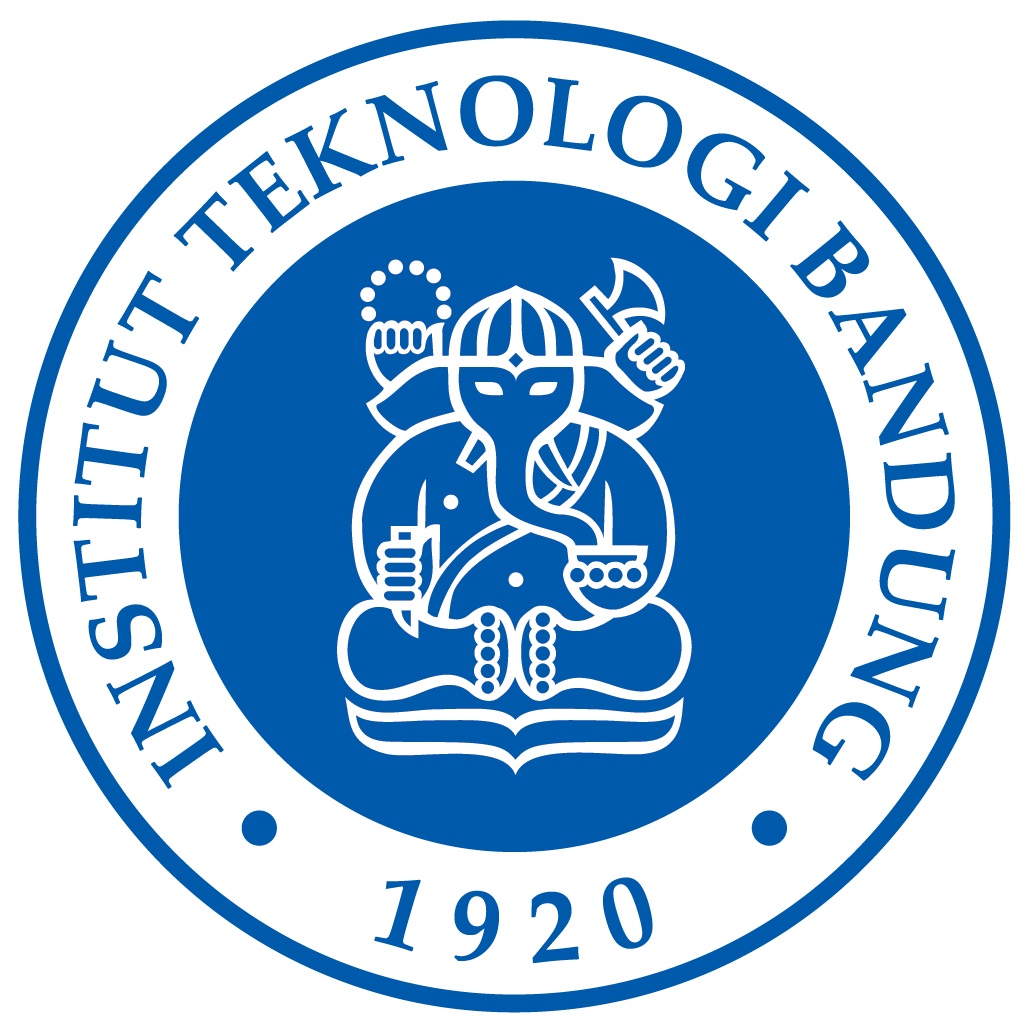

Nia Kurniasih
Indonesia's position in the middle of the Indian Ocean and the Pacific Ocean brings benefits to its high marine biodiversity. However, besides that, there is a global climate threat due to temperature deviations from atmosphere-ocean interactions in the Indian Ocean and especially the Pacific. One of the temperature anomalies in the ocean is known as El-Nino and La-Nina, where if one area is affected by El-Nino, another area with the opposite temperature conditions will be affected by La-Nina. Indonesia, land and sea, has experienced this climate disaster dozens of times, including the worst in 1997 and 2006. In 2023, Indonesia was affected by El-Nino at low to medium levels. In recent years, it has also been affected by mild levels of La-Nina. This climate disaster cannot be avoided because it originates from temperature changes in very large and distant areas. Even though it cannot be avoided, humans must have the sensitivity to adapt. Global climate change forces the sea to bear the burden of carbon emissions and increasing temperatures every year, especially as marine ecosystems also experience damage due to extreme low tides from El-Nino and storms resulting from La-Nina. The impact is the exploitation of the coral reef ecosystem which has a crucial role as a habitat for marine biota to spawn, find food and live. Another function of coral reefs for the environment is to store stocks of carbon emissions that enter the sea and avoid other bad disasters, namely acidification of sea water. Thus, this community service aims to restore coral reef habitats damaged by the El-Nino and La-Nina climate disasters using the Spider Web transplant method as an environmental adaptation effort to climate change which is in line with Presidential Regulation No. 85 of 2015 concerning the Triangle Initiative. National Coral Reef. The location for implementing this community service activity is Pisang Island, West Pesisir Regency, Lampung Province, which is a 3T area and is categorized as underdeveloped. The reason for choosing this location is because there is still a lack of physical infrastructure and a lack of knowledge about climate disasters in communities in underdeveloped areas. It is hoped that by maintaining the underwater park, with the expansion of coral reef clusters, damage to coral reef ecosystems due to climate disasters can be avoided and actually bring broad benefits to local communities. Therefore, this community service activity is important and urgent, especially as climatology experts say that in 2024 El-Nino which will occur in Indonesia is predicted to be stronger than in 2023. To ensure the success of this activity, this community service is carried out using the principle of mutual cooperation involving ITB lecturers across the country. KK and faculty, lecturers from Itera, ITB students across KK and Faculties, the diving community caring for Lampung's coral reefs, the local government, and the local community of Pisang Island.
transplanting coral reefs on Pisang Island, Pesisir Barat district, Lampung Province as well as carrying out dissemination to the community regarding the importance of adapting to the threat of climate change
This activity is part of ITB's concern for the global issue of climate change which is represented by the El Nino and La Nina phenomena, where not only ecology but also humans are affected. It is hoped that with this activity, not only ITB will benefit as one of the leading universities in Indonesia but also the community and coral reef ecosystem on Pisang Island.